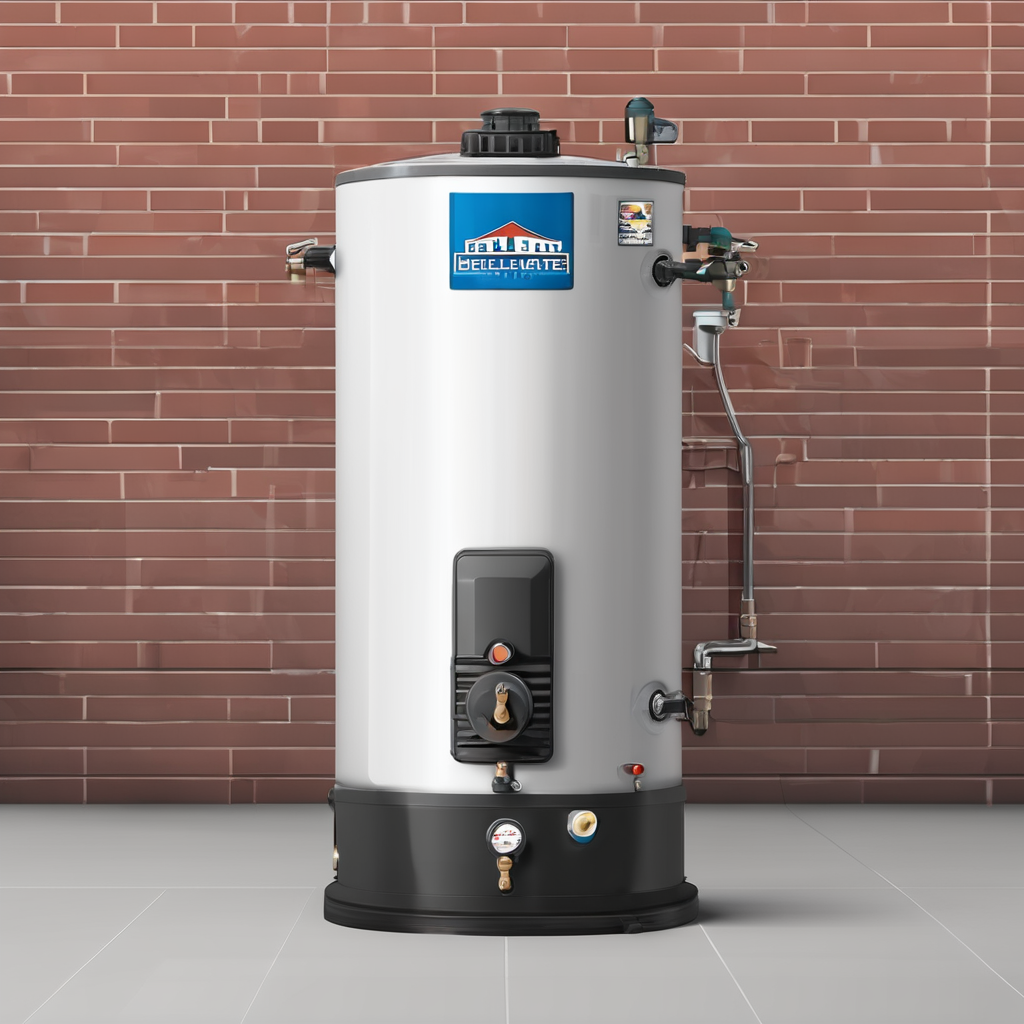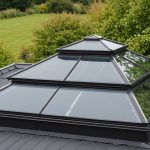Why Window Insulation is Important for UK Homes
Window insulation delivers key benefits for UK homeowners, directly impacting both home comfort and energy efficiency. The UK climate, characterised by cold, damp winters and variable weather, often reveals the vulnerabilities in typical window installations. Older homes especially suffer from single glazing or deteriorated seals, causing heat to escape and cold drafts to enter. This results in not only a chillier living environment but also significantly higher heating bills.
In newer properties, while windows may be better sealed, additional insulation can still enhance performance. Properly insulating windows reduces heat loss, stabilises indoor temperatures, and lessens reliance on heating systems. This translates into tangible energy efficiency improvements, decreasing fuel consumption and environmental impact. Windows are a common weak point in thermal performance, so addressing this elevates overall home insulation effectiveness.
This might interest you : Designing tranquil retreats: an in-depth guide to building gardens for autistic kids in the uk
Beyond warmth and bill savings, window insulation also combats condensation, reducing mould risks which affect health and property. Whether in a Victorian terrace or a modern semi-detached house, investing in window insulation benefits UK homes by improving comfort, lowering expenses, and supporting sustainability goals.
Why Window Insulation is Important for UK Homes
In the UK, effective window insulation benefits extend beyond comfort to significantly impact energy bills. Poorly insulated windows often result in cold drafts and heat loss, which directly affects UK home comfort and increases heating costs. Given the UK’s often damp and chilly climate, many households struggle with inefficiencies from single-glazed or older windows that lack modern insulation features.
Also to see : Definitive handbook for selecting the ideal uv filtration system in your uk aquarium: pro tips and insights
Insulating windows helps maintain a consistent indoor temperature, reducing reliance on heating systems. This not only saves money but also enhances overall energy efficiency, making homes more environmentally friendly. Even in newer UK properties, where double-glazing is common, additional insulation measures can prevent heat escape through window frames and gaps.
For older properties, the window insulation benefits are especially evident, as these homes typically face greater heat loss issues. Upgrading insulation improves comfort levels, reduces condensation risks, and can lower energy consumption substantially. Ultimately, investing in window insulation taps into both practical and environmental benefits, making it a staple for durable home comfort in the UK.
Essential DIY Window Insulation Methods
Window insulation benefits can be significant, especially when applying simple, effective DIY window insulation techniques. These methods help boost UK home comfort by reducing drafts and heat loss. Among the most popular home insulation methods are window film, draught excluders, and thermal curtains.
Window film is a clear plastic layer applied directly to glass. It creates an additional barrier that traps heat inside. Installing this film involves cleaning the glass thoroughly, carefully applying the adhesive side, and smoothing out air bubbles. Draught excluders are flexible strips placed along window edges to block cold air entry. They require minimal tools: simply measure, cut, and attach with adhesive or staples.
Thermal curtains combine style and function. They are thicker, often with insulating linings that trap heat. For best performance, curtains should cover the entire window and be closed at night.
Effectiveness varies by window type; single-glazed windows benefit most from film, while draught excluders are excellent for older, imperfect frames. Thermal curtains work well across types, adding cozy warmth.
Using these simple, accessible methods yields clear energy efficiency gains while enhancing home comfort throughout the UK’s unpredictable climate.
Essential DIY Window Insulation Methods
Small but effective, DIY window insulation techniques can significantly boost UK home comfort and energy efficiency without professional help. Popular home insulation methods include applying clear window film, installing draught excluders, and using thermal curtains. Each addresses heat loss uniquely and suits different window types.
Window film is a thin, transparent plastic applied directly to window panes. It forms an insulating air pocket that reduces heat escape and blocks cold drafts. Installation involves cleaning the glass thoroughly, cutting the film to size, and sealing it with double-sided tape or a hairdryer—easy for flat, large windows.
Draught excluders fit around window frames to block cold air leaks. Available as foam strips or brush seals, they are inexpensive and quick to fit. These are especially useful for older windows with gaps or worn-out seals.
Thermal curtains provide an additional barrier by trapping air between fabric layers and the glass. They’re effective for all windows and also help reduce condensation. Closing curtains at night maximises insulation benefits.
By selecting and combining these DIY methods according to window type, homeowners can enjoy noticeable improvements in warmth and reduced heating costs.
Materials, Tools, and Costs for DIY Insulation
Selecting the right diy insulation materials is crucial for effective window insulation. Common materials include clear window film, foam draught excluders, adhesive tapes, and thermal curtain fabrics. These are widely available from UK retailers and online stores, making them accessible for most homeowners.
Basic tools for window insulation typically involve scissors, measuring tape, cleaning supplies, and sometimes a hairdryer to activate heat-shrink films. These simple tools support precise installation, ensuring the materials fit tightly and perform optimally.
Regarding insulation cost UK factors, materials for a single room can range from £10 to £50 depending on the chosen method. Window film tends to be a budget-friendly option, while thermal curtains usually cost more but offer lasting benefits. Draught excluders remain an inexpensive, effective choice for immediate draft reduction.
Budget-conscious homeowners should compare costs alongside installation ease and durability. Investing in quality materials and proper tools delivers tangible savings in energy bills, enhancing both energy efficiency and UK home comfort long term. Understanding costs upfront helps plan a successful, cost-effective DIY window insulation project.
Why Window Insulation is Important for UK Homes
Window insulation benefits are crucial for enhancing UK home comfort and reducing energy bills in a climate prone to cold and dampness. The UK’s variable weather exposes windows to heat loss, especially with older or single-glazed units, which contribute to chilly interiors and increased heating demands. This makes insulating windows one of the most effective ways to improve overall energy efficiency in homes.
In older properties, insufficient window insulation leads to noticeable drafts and significant warmth escape. Adding insulation here can dramatically improve comfort by retaining heat and reducing condensation, which is common in the UK’s humid conditions. For newer homes, even with double or triple glazing, insulation around frames and gaps remains important because imperfect seals still allow heat transfer.
Ultimately, investing in window insulation results in a warmer and more pleasant indoor environment, lowers energy consumption, and supports sustainability targets. These window insulation benefits make it an essential consideration for maintaining comfortable, efficient homes throughout the UK.
Why Window Insulation is Important for UK Homes
Window insulation benefits play a vital role in enhancing UK home comfort by directly reducing heat loss through glass and frames. Given the UK’s cold, damp climate, windows often act as major points of energy inefficiency, especially in older houses with single glazing or aged seals. This inefficiency leads to higher heating demands and increased energy bills.
Insulating windows creates a barrier against the chill, stabilising indoor temperatures and reducing drafts that compromise comfort. The improvement in energy efficiency is significant, cutting fuel consumption and supporting environmental goals. Even in modern homes with double glazing, additional insulation measures can address subtle heat escapes through frames or small gaps.
Older properties benefit markedly from window upgrades due to poor original insulation. For these homes, investing in window insulation means not only warmer rooms but also fewer condensation problems, lowering the risk of mould and related health issues. In essence, the combined impact of improved warmth, reduced energy bills, and better indoor air quality underscores the importance of window insulation benefits for UK homeowners.
Why Window Insulation is Important for UK Homes
Window insulation benefits directly enhance UK home comfort by maintaining warmer indoor temperatures against the UK’s often cold and damp climate. Heat loss through poorly insulated or older windows worsens discomfort and increases heating costs. This inefficiency stems from single glazing, worn seals, or narrow frame gaps that allow cold air in and warm air out.
Insulating windows improves energy efficiency by limiting heat escape, reducing the burden on heating systems. In older properties, where windows often lack effective seals or double glazing, insulation addresses significant draft issues, leading to marked gains in warmth and lower bills. Newer homes with modern glazing still benefit, as gaps around frames remain a source of heat loss that insulation can mitigate.
Beyond comfort and savings, window insulation benefits include reducing condensation and mould risk, supporting healthier living spaces. By improving thermal resistance in both old and new UK homes, insulation transforms windows from a major heat leak into a key element of energy conservation and comfort, offering long-term value and environmental benefits.
Why Window Insulation is Important for UK Homes
Effective window insulation benefits are vital for enhancing UK home comfort by reducing heat loss through windows, which are a major source of energy inefficiency in British homes. The UK’s often cold and damp climate exposes weaknesses in window installations, especially in older properties with single glazing or degraded seals. This leads to uncomfortable drafts and substantial increases in heating bills.
For newer homes, even with double glazing, gaps around window frames can still allow heat to escape. Addressing these issues improves energy efficiency, stabilising indoor temperatures and reducing the workload on heating systems. Enhanced insulation decreases fuel consumption, directly helping to lower household expenses and carbon footprints.
In older properties, improved window insulation also reduces condensation, which can cause mould and damage to both health and building fabric. Thus, investing in window insulation not only bolsters warmth and comfort but also contributes to a healthier living environment. These combined window insulation benefits make it a cost-effective and practical priority for UK homeowners seeking sustainable, comfortable homes year-round.
Why Window Insulation is Important for UK Homes
Window insulation benefits play a crucial role in enhancing UK home comfort by significantly reducing heat loss through glass and window frames. The UK’s cold, damp climate often exposes windows as weak points in a home’s thermal envelope. Older properties with single glazing or aged seals experience substantial drafts and warmth escape, directly increasing heating demands and energy bills.
Improving window insulation stabilises indoor temperatures and diminishes cold airflow, creating a warmer environment and reducing the load on heating systems. This leads to notable energy efficiency improvements, lowering fuel consumption and environmental impact. Even newer UK homes with double glazing benefit from added insulation, as heat can still escape through gaps in frames or imperfect seals.
Additionally, insulated windows help reduce condensation, limiting mould growth that can affect health and property. For older homes, the impact is especially marked, with insulation delivering both comfort and cost-saving advantages. Ultimately, prioritising window insulation benefits supports not only a more comfortable home but also sustainable energy use across various UK housing types.



